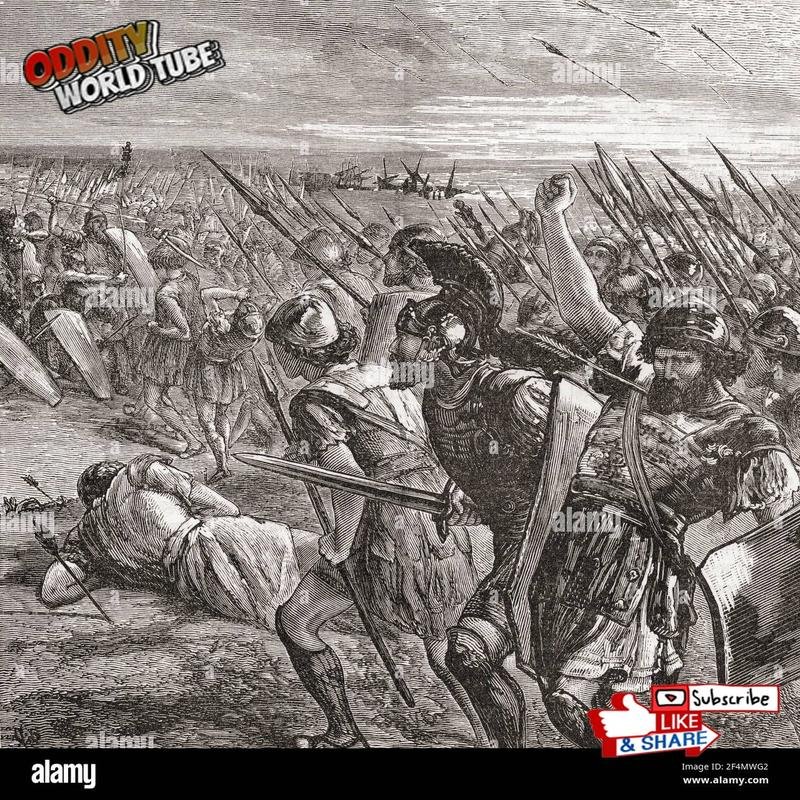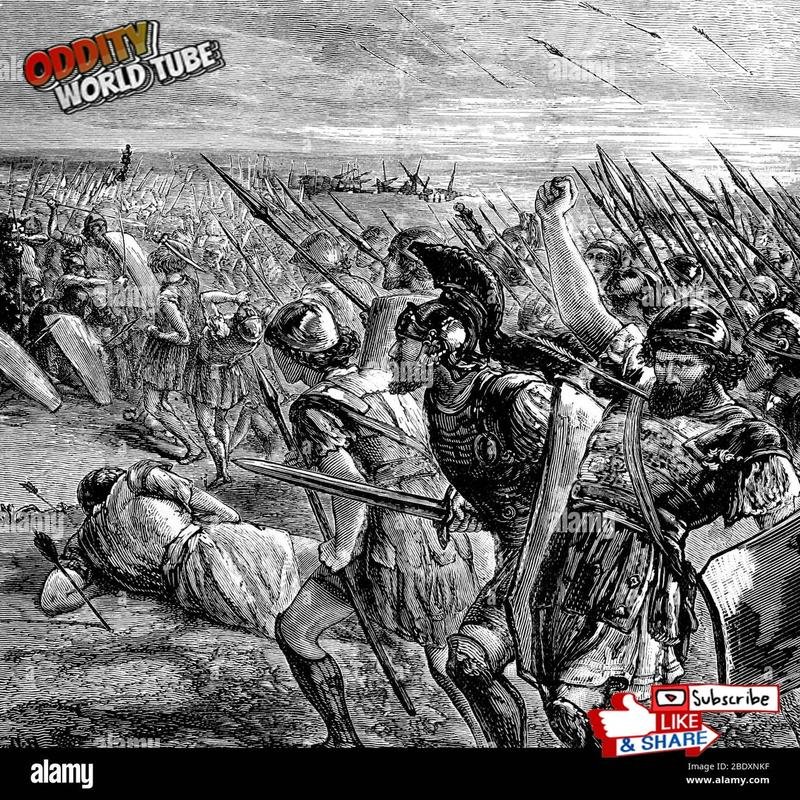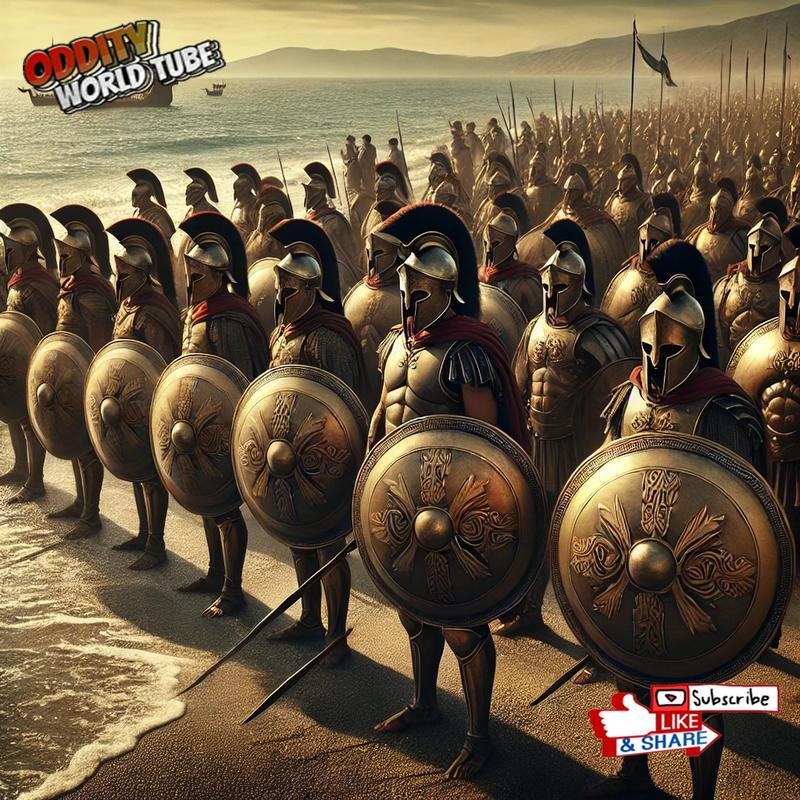The Battle of Marathon: A Turning Point in the Greco-Persian Wars?

Battle of Marathon: Greek Victory over Persia
The Battle of Marathon (490 BC) constituted a pivotal moment in the Greco-Persian Wars, marking a clash between the expansive ambitions of the Persian Empire and the resilience of the Greek city-states.
The Clash on the Plain
On the plain of Marathon, an Athenian army, augmented by a small contingent from Plataea, engaged a numerically superior Persian force. Under the command of Miltiades, the Greek forces employed innovative tactical strategies, resulting in substantial Persian casualties. Estimates place the Persian army at approximately 25,000 soldiers, while the Greek forces numbered roughly 10,000.
Miltiades’ Tactical Genius
Miltiades’ strategic decisions were crucial to the Greek victory. His understanding of the terrain and his ability to exploit the weaknesses of the Persian army are widely studied by military historians. Further research into the battle’s specifics continues to reveal new insights into the tactical brilliance displayed by the Athenian commander.
Impact and Legacy
The Battle of Marathon was more than just a military victory; it was a symbolic triumph of the Greek spirit against overwhelming odds. It significantly impacted the course of the Greco-Persian Wars and instilled a sense of confidence and unity among the Greek city-states. The battle’s legacy continues to inspire and fascinate, serving as a testament to the power of courage, strategy, and resilience.






